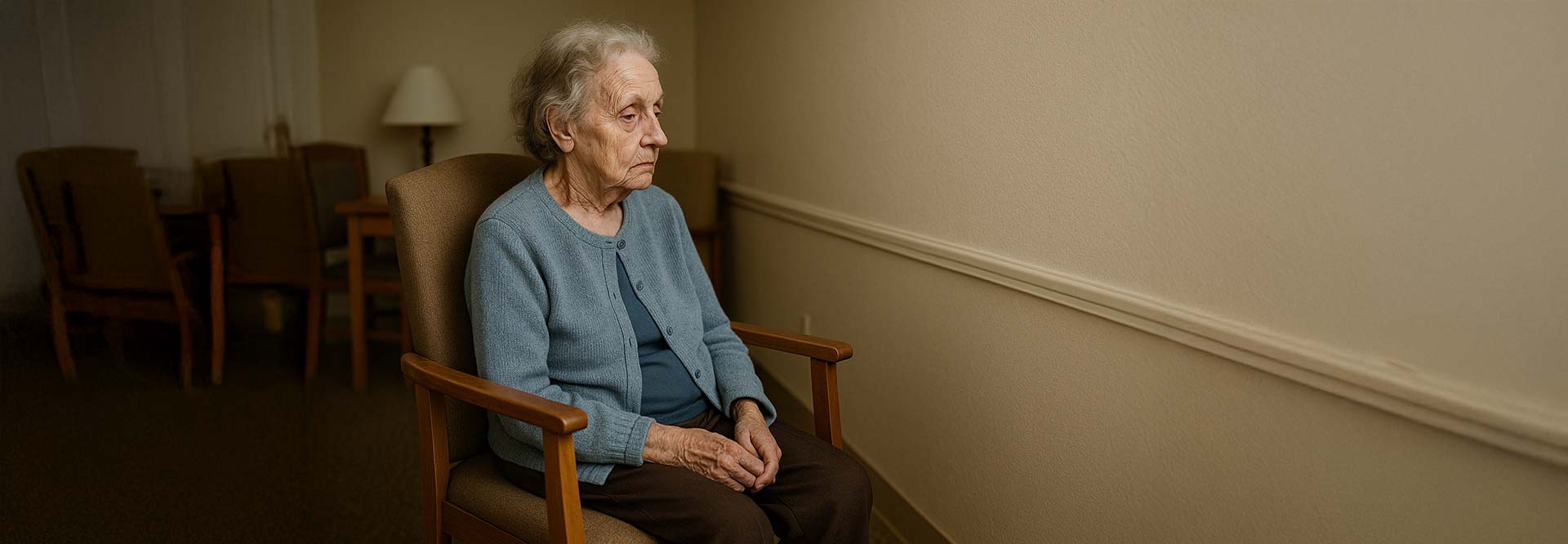
Can You Ever Leave a Dementia Patient Alone?
Can you leave a dementia patient alone?
The Legal Landscape — What the Law Says and Doesn’t Say
Dementia home safety strategies should be implemented to minimize hazards, as well as proper supervision to ensure your loved one lives in a safe environment.
Learn the risks of leaving a dementia patient alone, legal responsibilities, care strategies, and how to plan for their safety.
Learn the risks of leaving a dementia patient alone, legal responsibilities, care strategies, and how to plan for their safety.
Discover the key differences between retirement homes and assisted living to help you choose the right care for your loved one’s needs.
Discover the key differences between retirement homes and assisted living to help you choose the right care for your loved one’s needs.